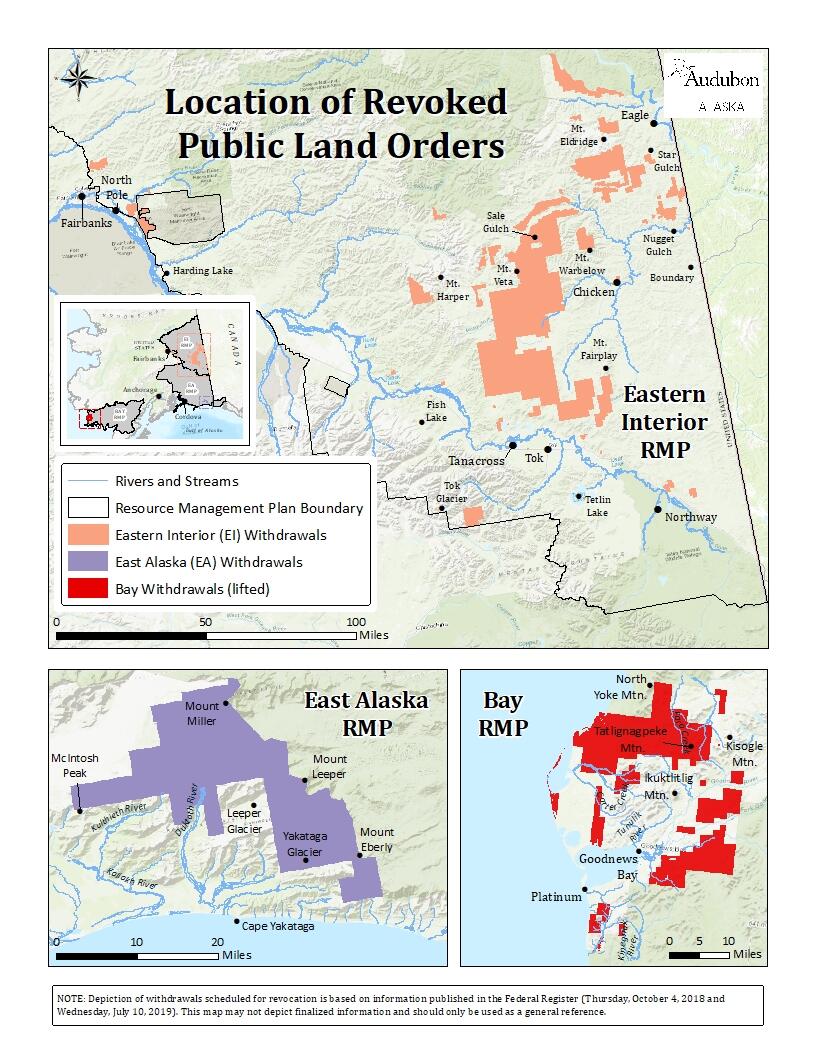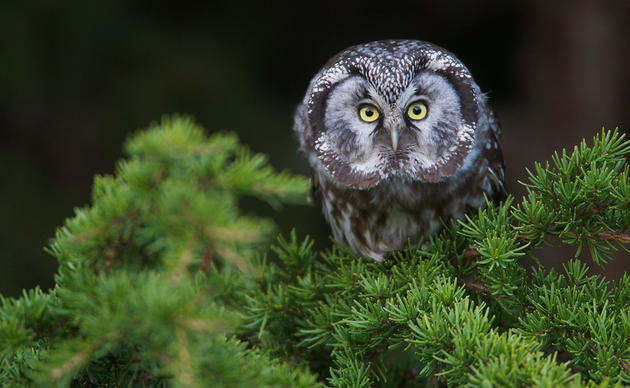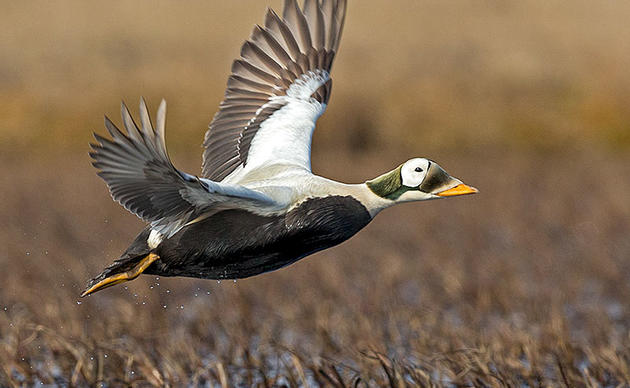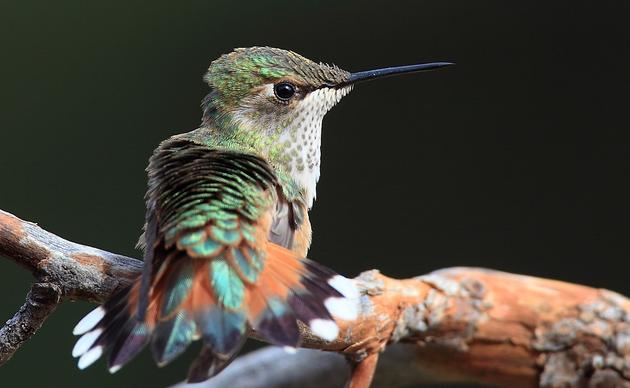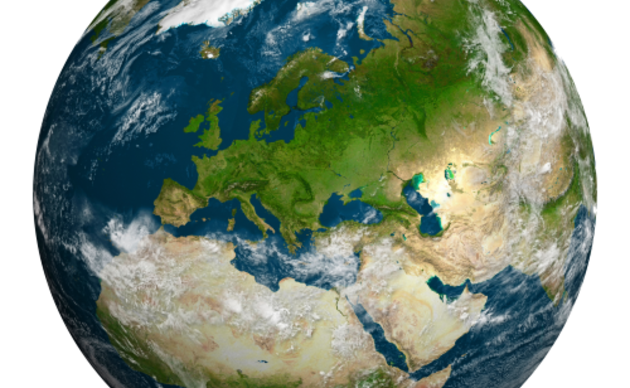(This is the second in a series of posts on D1 lands in Alaska. Read the first post in the series here, the third here, and the fourth here..)
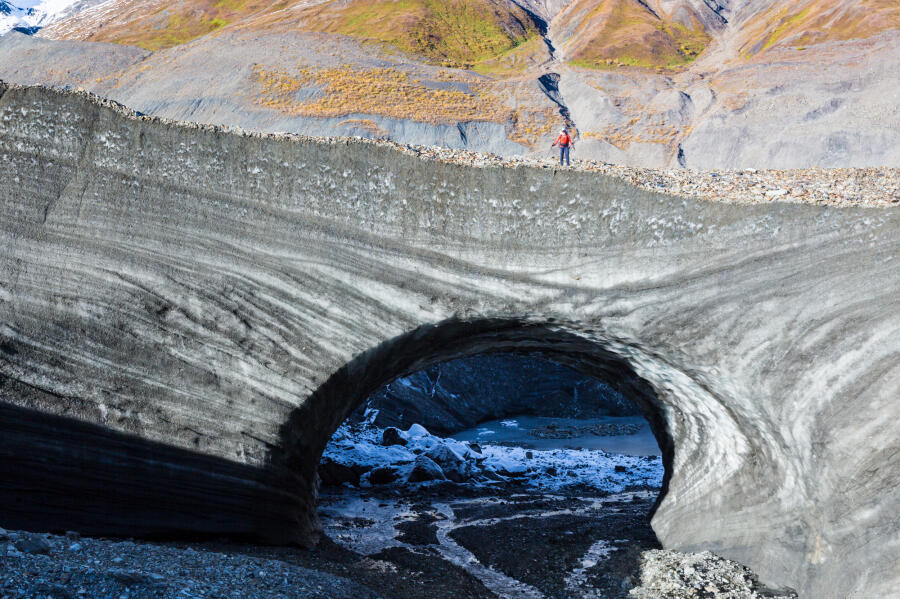
“D1” refers to all unreserved federal lands in Alaska that were withdrawn from mineral entry under the Alaska Native Claims Settlement Act. These 57 million acres of lands across Alaska, from Bristol Bay to the Brooks Range, the Copper River watershed and northern Southeast Alaska are managed by BLM. The most pressing threats on these lands include mining, oil and gas development and privatization through land conveyance to the state of Alaska and Native Corporations.
Under current Department of Interior Leadership, there has been an aggressive campaign to convey these public lands to private interests and open these lands to mineral entry and
mining interests for oil, gas, rare earth minerals and other metalliferous and non-metalliferous mining. Two million acres have already been conveyed and open to mining, thirteen million additional acres are in the final stages of conveyance, and another 27 million acres are in process. In some cases, conveyances have already allowed for the expansion of mining activities. In other cases, such as the proposed Ambler Road to the Ambler Mining District, and a potential ore terminal in the Chilkat Valley north of Haines, one of Southeast Alaska’s most important salmon watersheds, these BLM land conveyances are instigating larger infrastructure projects that threaten Alaska’s communities and wildlife.
Tribal leaders, rural communities, regional recreation businesses and conservation organizations have repeatedly asked for a fair and transparent public process but BLM is systematically giving away these public lands with no process and at times, actively hiding the announcement of the release of these lands until days after the application process to apply for mining claims has already been issued.
